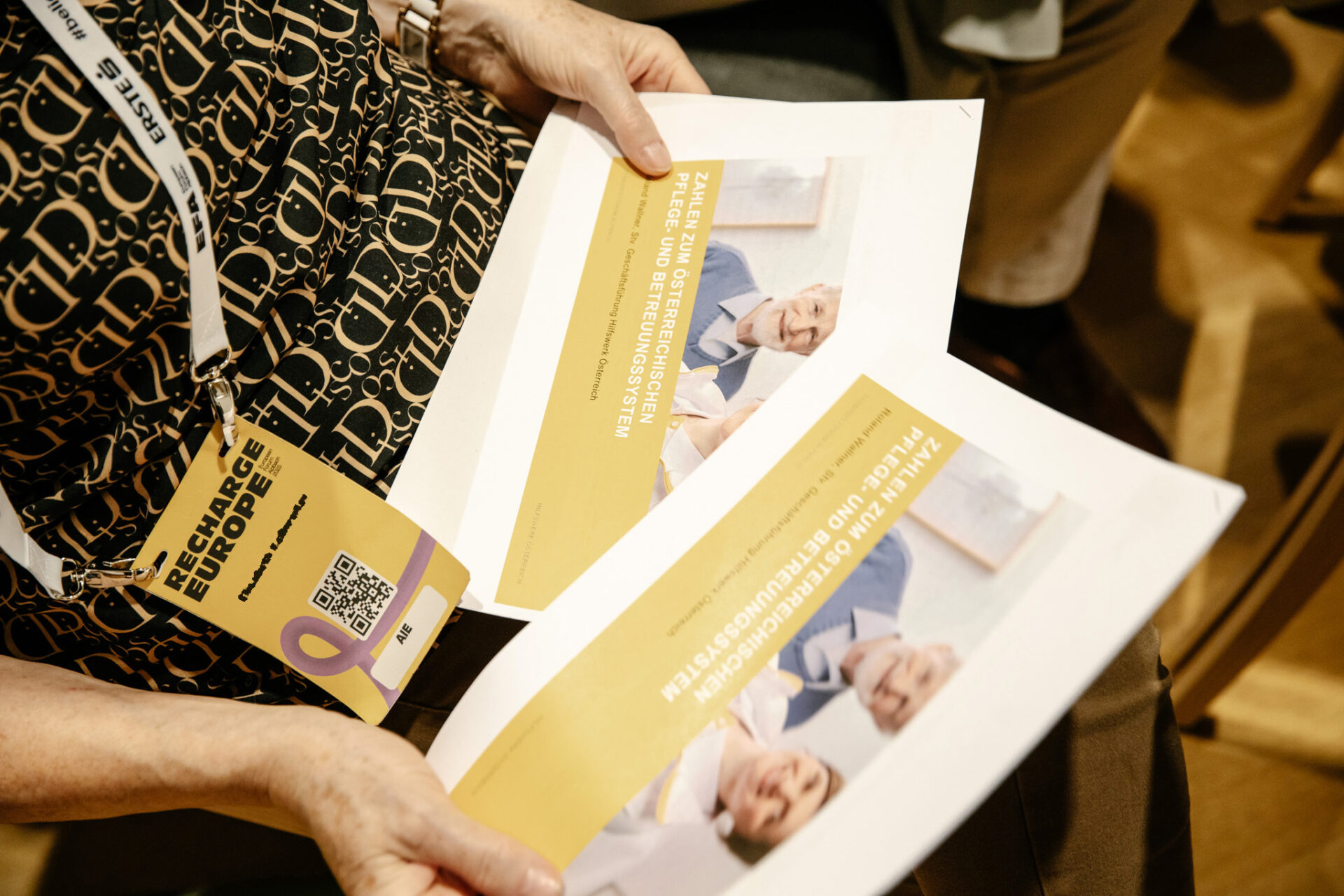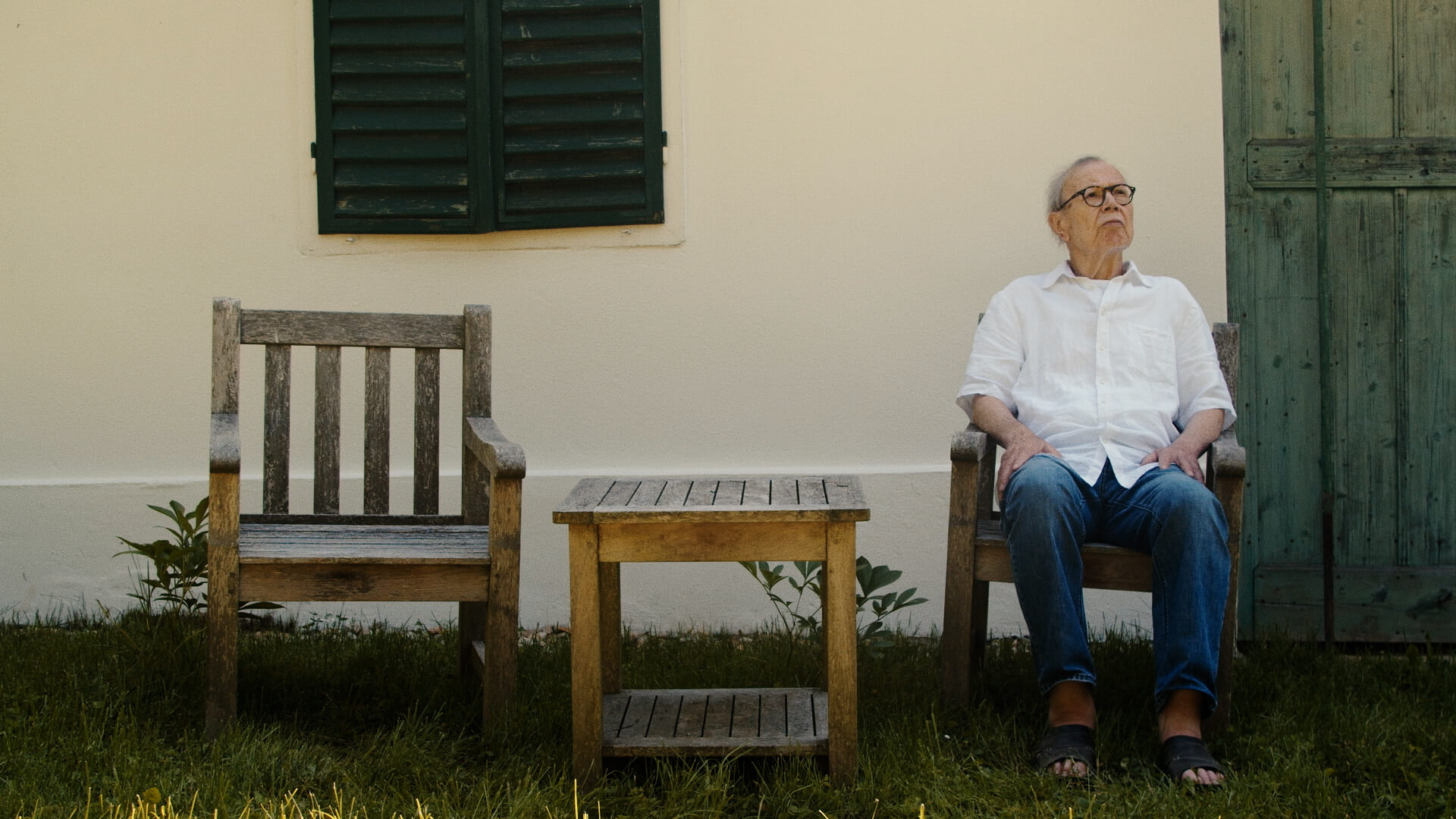Journal
8 September 2025
Reading Time: 2'

Family Caregivers – Austria’s »Largest Care Service?«
Many Austrian women work part-time. Once again, politics and business are debating the reasons behind this trend. What’s often overlooked is that more often than not, the responsibility of caring for family members is behind the decision to reduce their working hours.
These caregivers work at home, they don’t clock in, they have no bosses, and no formal representation. People who care for relatives often do so quietly, without much public recognition. And yet, the numbers are striking: one in eight Austrians regularly supports family members, friends, or neighbours in their daily lives. That’s nearly six times more than those actively playing football in Austria. Despite this, very few caregivers receive adequate support. Most face significant physical and emotional strain. It should then come as no surprise that many reduce their working hours to accommodate these caregiving duties, and some even have to leave the world of work entirely.
According to a recent study by EcoAustria, over 20,000 people each year choose to partially or completely give up paid employment to dedicate more time to caregiving. Women are particularly affected by this trend. The consequences are far-reaching: for the labor market, the economy and the individuals themselves. While businesses struggle with a shortage of skilled workers, women forgo income and reduce their chances of securing a decent pension. At the same time, the healthcare system and care facilities are stretched to their limits, leaving many with no alternative.
The societal impact and potential solutions for family caregivers were the focus of a high-profile panel discussion at the European Forum Alpbach in August 2025, featuring experts from politics, academia, healthcare and the workforce representatives. Listen to the discussion here!
Header image: Marko Risovic / EFA



